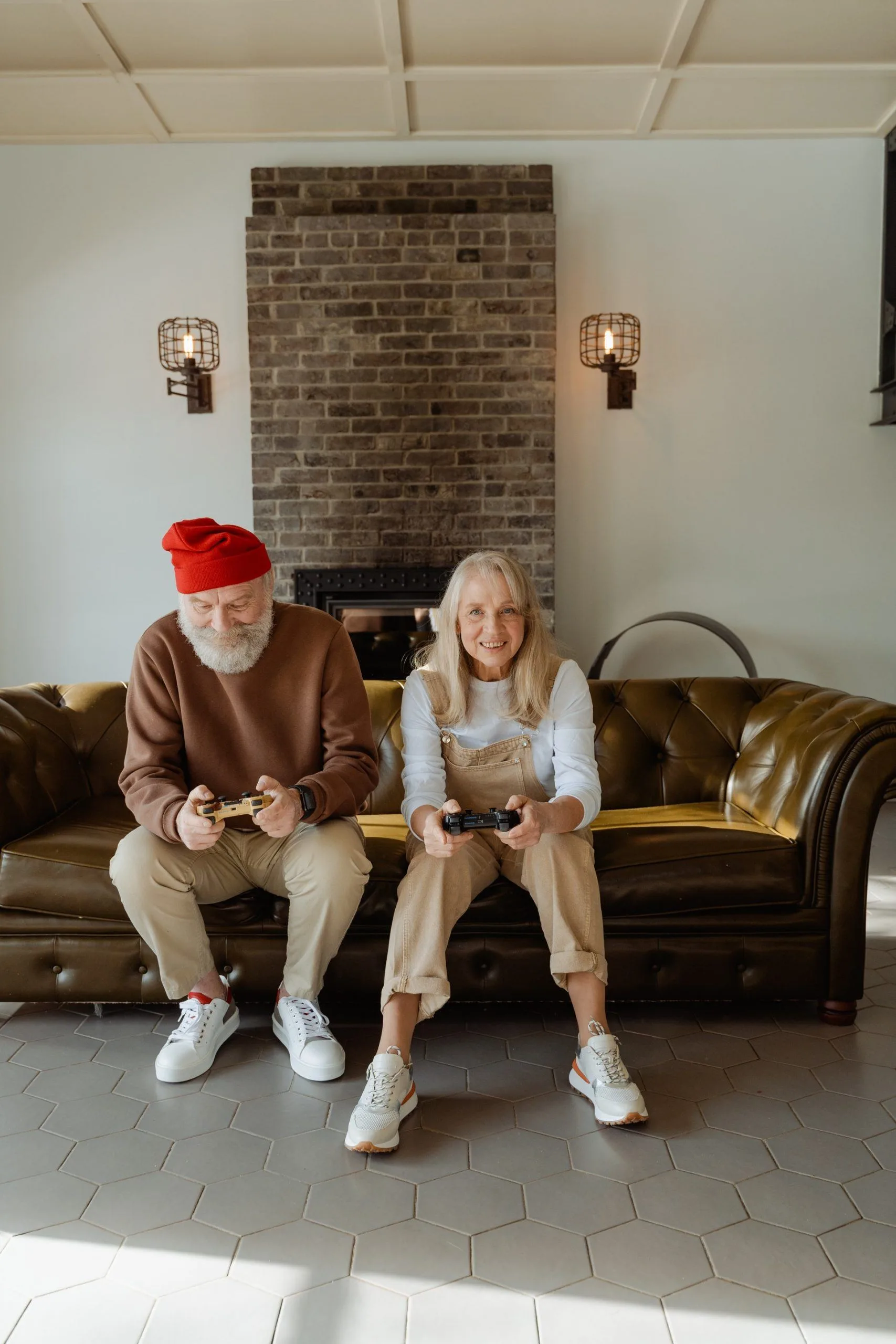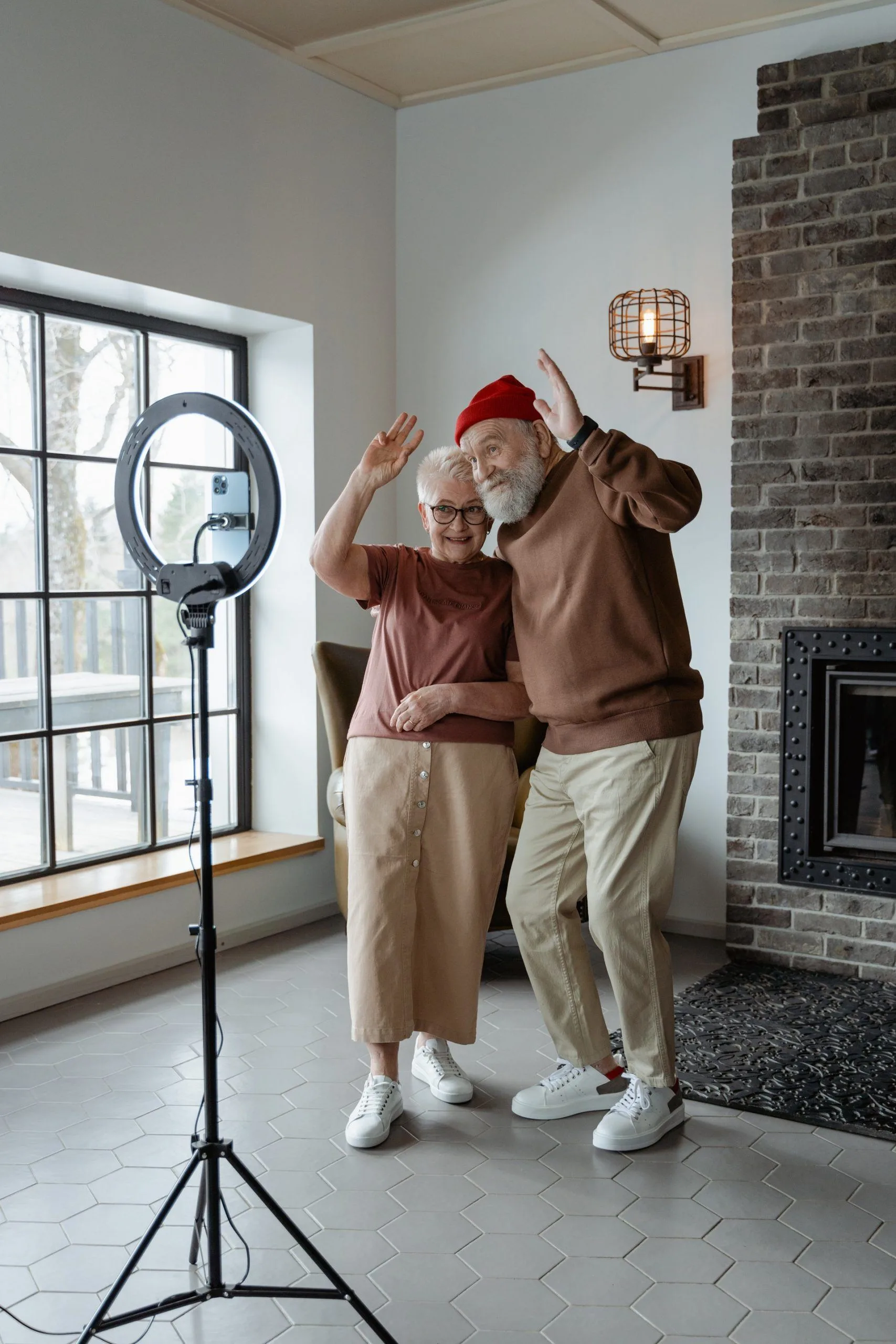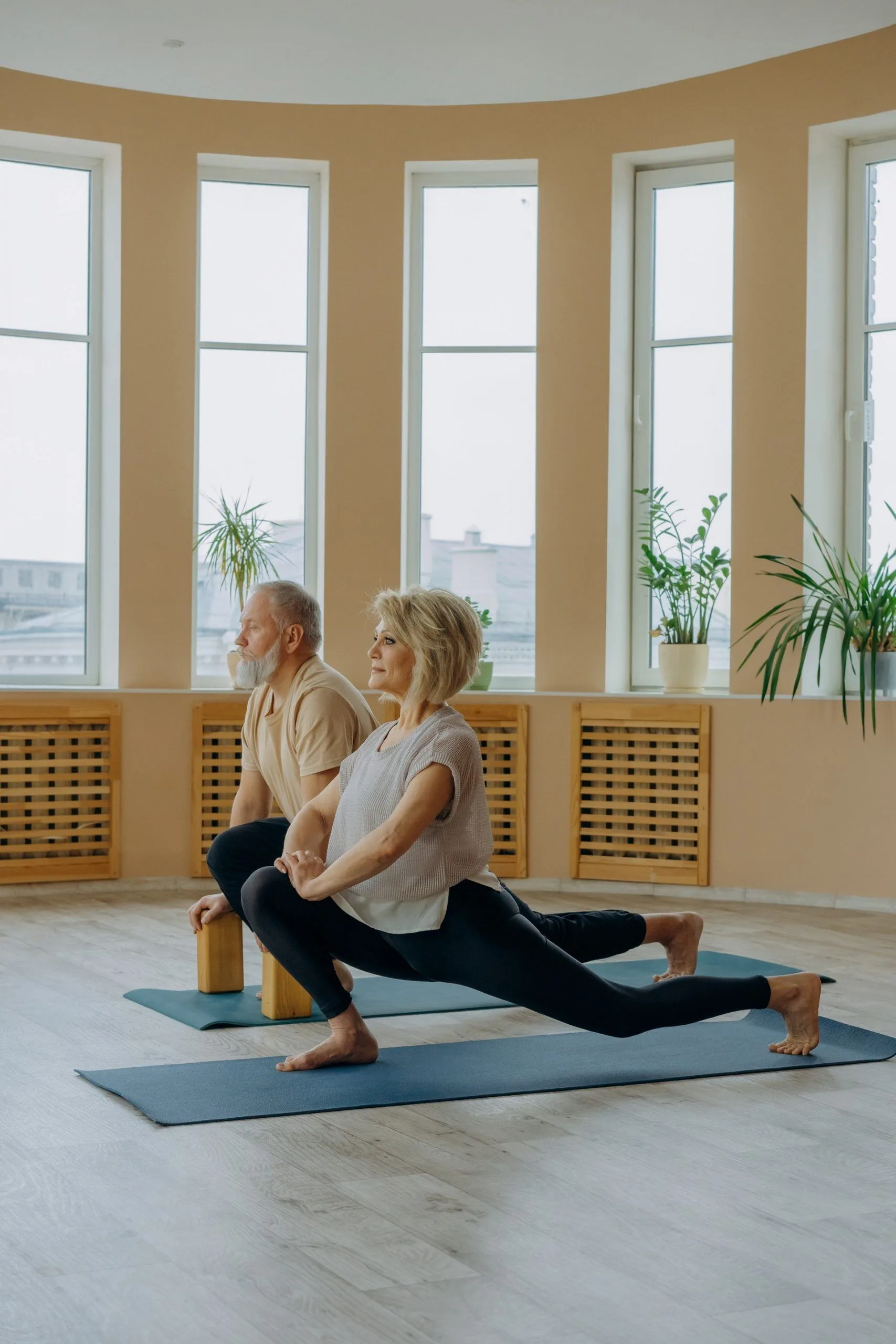How many of us have really thought about what our lives will look like as we age? Let’s face it, when it comes to aging, a lot of people are in denial.
Most people spend their lives planning the other big things: where to buy a house; their children’s education; what car to drive; where to go on holiday. Some of us are also good at saving for retirement and doing financial planning. Yet, how many of us know where we will live and how we will navigate getting older?
We know that 70% of people over the age of 65 will need some form of long-term care. In developed countries, the average life expectancy is 79 years for men and 82 years for women which means that this is something that all of us need to plan for.

Photo by MART PRODUCTION from Pexels
Aging
There is an understandable reluctance by many people to try to visualize what this stage of life might mean for them. There is also an unfortunate lack of information in the market about what options are available. For most, the notion of a nursing home or old age home is simply not something they want to contemplate, and who can blame them? It is, however, an outdated model of living.
When it comes to aging, you don’t need to be retired to live in a senior living community, nor do you need to be at a stage where you need care. You simply need to be a person who wants to grow older in a hassle-free. With a managed environment with a vibrant social life and hospitality services, where you know that comprehensive care is available, should you require it?
In the absence of helpful information about the alternatives, people tend to fall into five broad categories or personality types when it comes to the way they make decisions about their senior years:
1. I’m Not Going Anywhere
These are people who don’t even want to contemplate the notion of moving. Perhaps they currently have a good quality of life and don’t believe that they will need to worry about that changing in the near future. There is probably a degree of naïve hope here that they will live happily in their existing homes until the end. While it’s not out of the realm of possibility, it is fairly unlikely.
2. I’ll Outsource Everything I Need
Similar to the above example, this kind of person realizes that they will probably need a degree of assistance with certain things as they get older, so they decide that when they need help, they will get someone to come to them.
While that generally works well for servicing the garden or getting the house cleaned, it might work less well when it comes to managing one’s personal and health needs.

Photo by MART PRODUCTION from Pexels
If you’re going to go this route, you need to find out what home healthcare services are available in your area and look carefully into cost, reliability, and competence before you commit.
3. I’ll Move In With My Children
This has traditionally been a good option in many societies through the ages, and it can work well for families. Although in modern society, there are things to consider.
Many people are having children later in life, which means that you won’t be moving in with your 40-year-old children. You’ll be moving in with your 60-year-old children! We also live very differently nowadays, which means that your children may not have the space to accommodate you. They also likely lead busy lives of their own which has implications on the time they will spend with you.
4. I’ll Wait Until I Need To Move
When it comes to aging, a lot of people don’t see the need to plan for a move until circumstances dictate that they have to.
Such circumstances might be easier such as that one’s house is now too big for just one or two people, but they might be difficult such as a health crisis. The latter is the kind of situation that one ideally wants to avoid because it inevitably means that your options will be limited.
A sudden scramble to find the right environment. In a crisis in a suitable location, at the right price, with the appropriate care is seldom going to yield an optimal result.

Photo by Mikhail Nilov from Pexels
5. I’ll Plan To Move To A Retirement Community
This is by far the best option, and it’s not one that is new. Retirement villages, as we have come to know most of them all over the world are plentiful.
However, they are not all created equal. The most modern and best option is what is termed a continuing care retirement community (CCRC). Auria, is a good example of a CCRC.
Aging should be fun
The best way to secure your future is to start doing the research and planning in advance of your retirement date. Aging with a goal in mind! I believe that people can spend their golden years living their best quality of life in a way that they choose to and not a compromised one.



![women [longevity live]](https://longevitylive.com/wp-content/uploads/2020/01/photo-of-women-walking-down-the-street-1116984-100x100.jpg)










